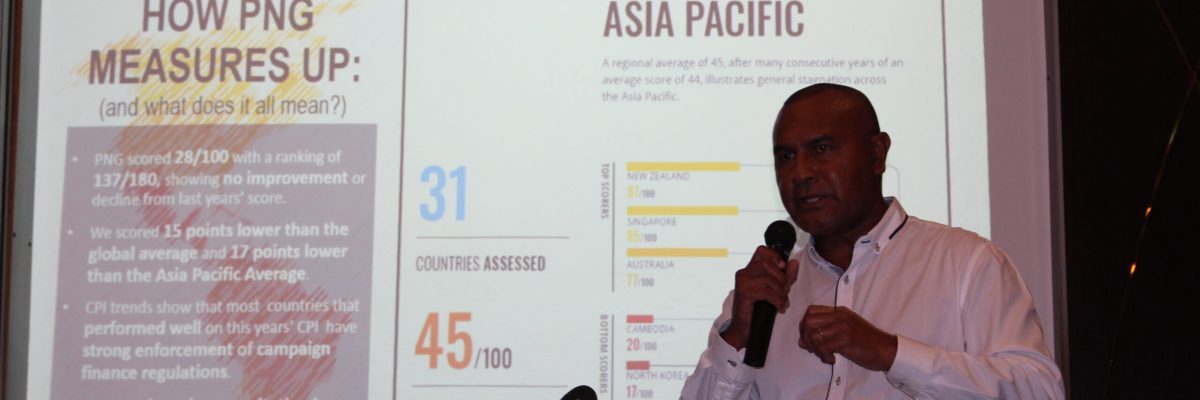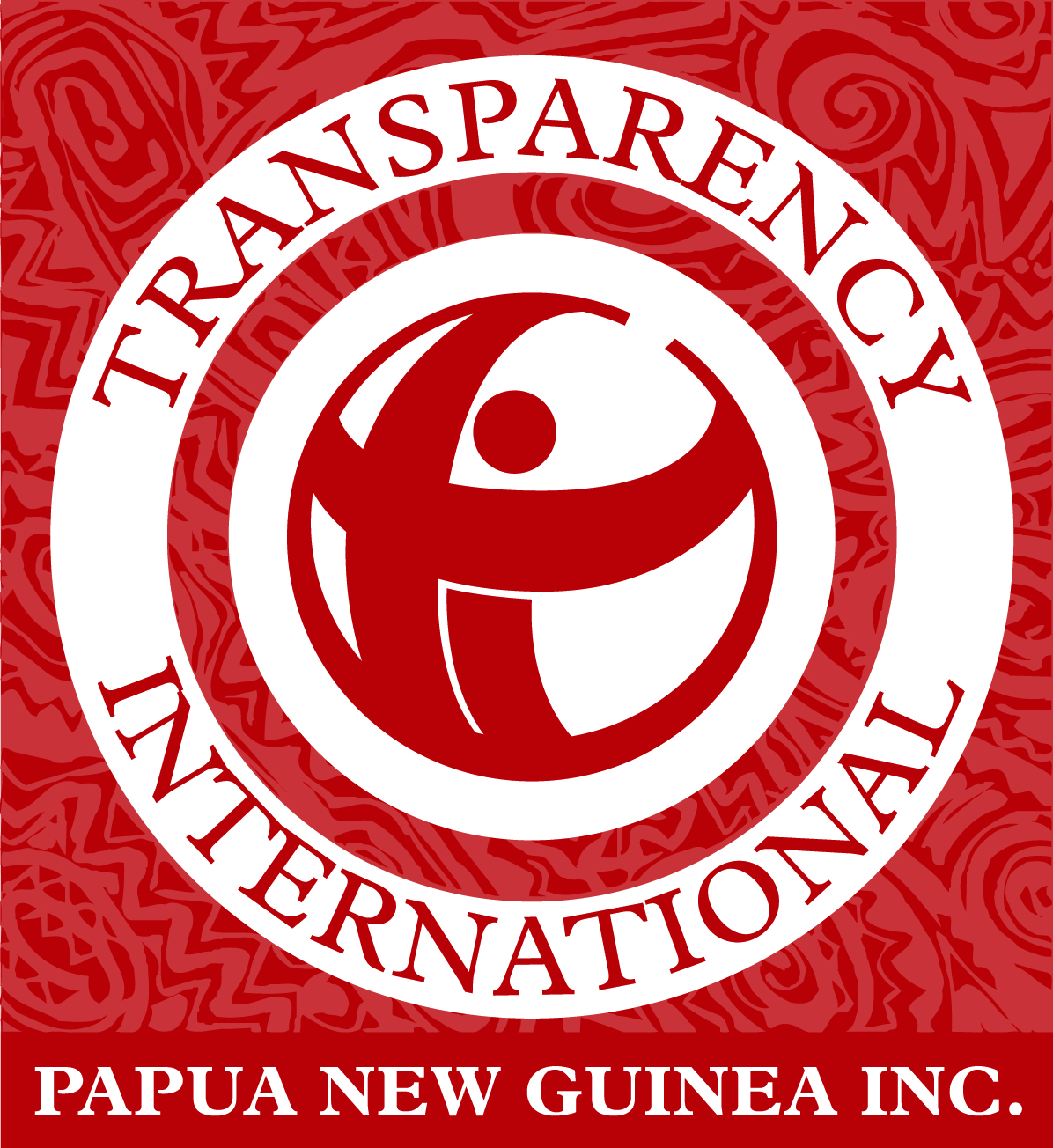The Independent Commission Against Corruption

In February 2014 the O’Neill government made the first step to set up the ICAC when it introduced and passed constitutional amendments to put in place the basic framework for the legislation (Allens, 2014).
The organic law bill is still in the National Parliament for final reading and was supposed to be tabled before the last parliament rose for the 2017 General Election.
The failure by the last parliament to table the organic law bill for the final reading now leaves that responsibility to the new National Parliament and the incoming government. But all is not lost on the technocrats’ front with a National Anti-Corruption Technical Committee – comprising officials from various departments including the Department of Prime Minister and NEC, Department of Justice and Attorney General and the Ombudsman Commission – meeting and working behind-the-scenes to progress the ICAC agenda.
In April 2017 Sam Koim, the leader of anti-corruption body Taskforce Sweep, withdraw his Supreme Court appeal against a National Court judicial review which upheld the decision of the National Executive Council (NEC) to abolish Taskforce Sweep (Pokiton, 2017). Mr Koim’s decision means Taskforce Sweep no longer exist as an entity.
But the issue of the 2014 arrest warrant against Prime Minister Peter O’Neill, relating to his alleged role in authorising the payment of legal fees to Paul Paraka Lawyers, continues to cast a shadow over the current government’s ICAC agenda and create doubt in the minds of the people.
The disbanding of Taskforce Sweep and the attempt by the Police Commissioner Gari Baki to shut down the police’s National Fraud and Anti-Corruption Directorate will compel the public to question the viability of an ICAC in PNG, especially when current leaders are implicated.

